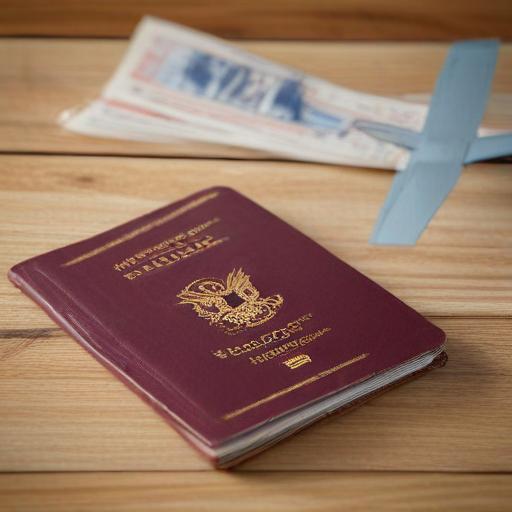Immigration officials plan to deport Kilmar Abrego Garcia to Uganda after he declined a Costa Rica plea deal that would have allowed him to stay in the country legally and plead guilty to human-smuggling charges in exchange for remaining in jail for a time, his defense attorneys say.
The Costa Rica offer arrived late Thursday and would have required Abrego Garcia to remain in custody and then serve whatever sentence results from a guilty plea, according to a Tennessee filing in the case. After his release from jail on Friday, U.S. Immigration and Customs Enforcement notified his lawyers that he would be deported to Uganda and would need to report to immigration authorities on Monday.
In the filing, defense lawyers said the government gave Abrego Garcia until Monday morning—when he must report to the Baltimore ICE office—to accept the plea for deportation to Costa Rica, or the offer would be withdrawn. They did not say whether he is still weighing the offer.
The filing also attached a Costa Rican government letter stating that Abrego Garcia would be welcomed as a legal immigrant and would not face detention there.
DOJ spokesperson Chad Gilmartin responded to the filing by noting that a federal grand jury has charged Abrego Garcia with serious crimes and that he can plead guilty and accept responsibility or proceed to trial. He added that authorities will hold him accountable either way and protect the American public.
Abrego Garcia’s case has become a focal point in debates over immigration policy after a prior, mistaken deportation to El Salvador in March, despite a judge’s finding that he faced a well-founded fear of violence there. After the mistake, the Trump administration brought him back to the U.S. in June and detained him on human-smuggling charges.
He has maintained that he is innocent and asked the judge to dismiss the case, arguing that the prosecution is an attempt to punish him for challenging the deportation to El Salvador. The Saturday filing in support of that motion to dismiss notes that the Uganda deportation threat further demonstrates what his lawyers describe as vindictiveness by the government.
According to the defense, as soon as Abrego Garcia was released from pretrial custody, an ICE official informed him that he would be deported to Uganda. The filing cites a separate Maryland ruling requiring ICE to provide 72 hours’ notice before deportations, a point reflected in an email to his attorneys stating that removal to Uganda may occur no earlier than 72 hours from the message.
Uganda has recently agreed to accept deportees from the United States who do not have criminal records and are not unaccompanied minors.
Federal authorities have argued that Abrego Garcia can be deported because he entered the United States illegally and because an immigration judge had previously determined he could be expelled from the country, though not to his native El Salvador.
Abrego Garcia’s lead attorney in the Maryland case, Simon Sandoval-Moshenberg, said the government appears to be using the immigration system to punish his client by trying to send him halfway around the world to a country with known human rights concerns, where he does not speak the language.
Summary:
– Kilmar Abrego Garcia faces deportation to Uganda after declining a Costa Rica plea that would have kept him jailed and required a guilty plea.
– The Costa Rica deal included assurances of entry and no detention there; the U.S. government says he faces serious charges and will be held accountable either by plea or trial.
– The case follows a history of contested deportations and concerns about due process, including a prior mistaken transfer to El Salvador.
– Uganda’s acceptance terms and a 72-hour notice requirement in Maryland are part of the evolving legal landscape surrounding the case.
What this means moving forward:
– A decision on accepting the Costa Rica offer versus moving toward trial could shape how similar cases are handled, especially where third-country deportations are proposed.
– The defense maintains that the deportation strategy is politically charged; supporters of due process will be watching how notices and deadlines are applied.
– The broader immigration policy debate remains centered on balancing border enforcement with individual rights and protections.
Additional context for readers:
– The outcome hinges on whether Abrego Garcia accepts a Costa Rica plea or proceeds to trial, and how the government navigates 72-hour notice requirements and cross-border deportation arrangements.
– This case continues to draw attention to the mechanics of deportation decisions, the treatment of non-citizens with families in the U.S., and the implications of third-country deportations for individuals in immigration proceedings.
